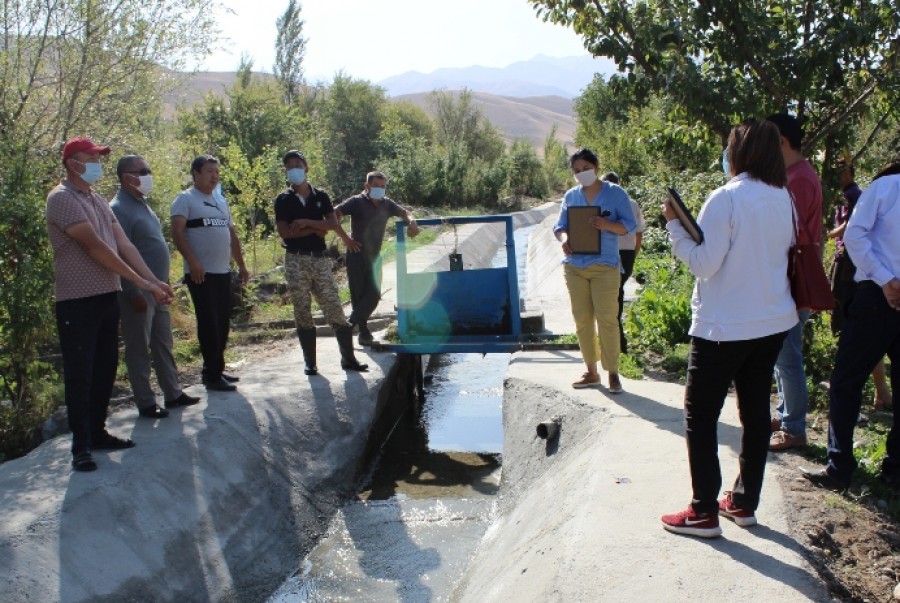-
Implementation Period: 2015 - 2020
-
Donor organization: International Climate Initiative (IKI) commissioned by the German Federal Ministry for the Environment, Nature Conservation, Building and Nuclear Safety (BMUB). The prime contractor is the Deutsche Gesellschaft für Internationale Zusammenarbeit (GIZ).
-
Geographical location: At-Bashi district, Naryn oblast, Sokuluk district, Chui oblast, Kyrgyz Republic.
The ecosystems of Central Asia's highland regions are diverse and closely interlinked with each other. They play a major role in the lives of local people, providing them with water, pastures and forest products. However, the impact of anthropogenic factors and climate change aggravate the condition of ecosystems, which leads to reduction of glacier cover in mountainous areas, increase in the duration of dry periods, reduction of biodiversity and intensification of soil degradation.
Project Background
A consortium of Central Asian and foreign NGOs, foundations, academic institutions and centres was established to implement the project.
The project sought to support local authorities and communities in the wise management of ecosystems in order to conserve them and the services they provide. The latter are the benefits that nature provides to people, such as food, raw materials, protection against landslides, mudslides and soil degradation, conservation of genetic diversity, and more.
Project Objectives & Goals
The aim of the project was (1) to develop a methodology to provide innovative and cost-effective approaches and strategies for implementing an ecosystem-based approach for climate change adaptation in the Central Asian highlands, and (2) to establish a regional policy dialogue, incorporating the methodology into climate-related policies and into the strategic planning of the countries and relevant international development partners.
Project Result
- Development of a climate model
- Compilation and consideration of possible scenarios for negative impacts of climate change affecting the ecosystem and community
- Identification of climate change adaptation measures and selection criteria (environmental, economic, and social) which then were included in the "Socio-Economic Development Programme for Climate Change 2021-2023" and in the "Local Action Plan for Climate Change Adaptation 2020-2025". The documents were developed by the residents of the project area.
- Development of pasture management plans, water management plans for Water Users Associations
- Preparation and publication of a manual for schoolchildren "Climate and Phenology"
- Repair and construction of infrastructure facilities (water canal, dam, etc.)
